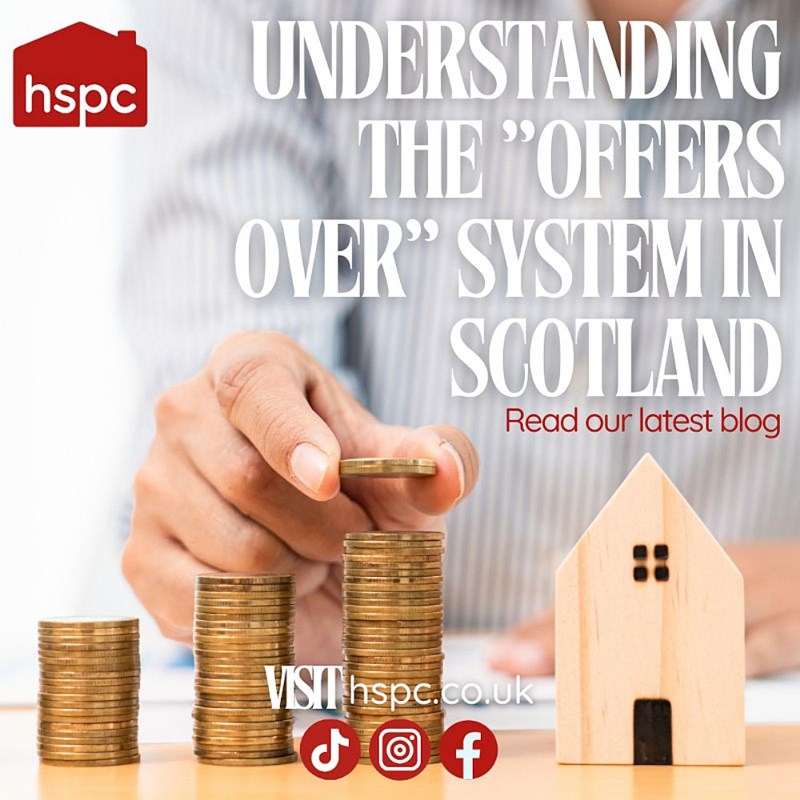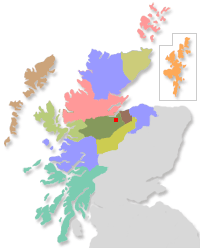
HSPC 2024 Highland Property Review
HSPC 2024 Highland Property Review
Our annual property review provides a comprehensive analysis of the market across the Highlands.
- The average house price in the Highlands was £216,867, representing a 0% change from 2023.
- August and September were the busiest months for property sales.
- August was the busiest month for new properties coming onto the market.
- Detached villas led in the volume of property types sold in 2024, followed by detached bungalows
- The highest-priced property type was the detached villa, with an average of £329,960.
- The average selling price of a flat in the Highlands was £143,117
- On average, properties sold through HSPC achieved a 2% premium over the asking price.
- July and March stood out as the most successful month for achieving a 'sold price' versus 'asking price,' with an average of 4% over the asking price.
- Over 3.2 million pages were viewed on hspc.co.uk in 2024.
- Over 50% of properties in 2024 were HSPC Early Bird Properties, appearing with us before any other portal.
This is what HSPC Manager, Bernadette Reynolds had to say ‘The Highland property market remained steady throughout 2024, demonstrating resilience in the face of changing market conditions. While sold prices remained unchanged and sales volumes saw a slight increase compared to 2023, demand for homes in the region remained strong, and sellers continued to achieve competitive prices.
The modest increase in available stock was a welcome development, providing buyers with more choice than in previous years.
Looking ahead, we expect the Highlands to remain an attractive place to buy and sell property. The stability in average house prices reflects the enduring appeal of the region.’

Understanding the 'Offers Over' System in Scotland: A Guide for Buyers

HSPC Celebrates Team Members' Achievement in SPC Property Practice Certification

The Ultimate Guide to Buying Property in Scotland

How to lift your home's value?

Misconceptions when buying property in Scotland

Renting in Scotland - Mistakes to Avoid

Selling your property in Scotland - Factors to Consider

Navigating Mortgages in Scotland

Buying vs. Renting Commercial Property in Scotland
2023 HSPC Property Review
- Search Form
- Map Search
-
You can draw a search area on a map, or click a location below.

- Recently Added Properties
- New in the Last 3 Days New this Week New this Fortnight Recent Updates All Our Properties
- Special Searches
-
New Build Properties
Property with a Paddock
Commercial Property
- My HSPC
- Property MatchYour Preferences
- Highland Solicitors Property Centre Local knowledge. A world of difference.
- Visit our property centre at 30 Queensgate, Inverness, IV1 1DJ
Company number: SC099700
Registered Office: 30 Queensgate, Inverness, IV1 1DJ - 01463 231173
